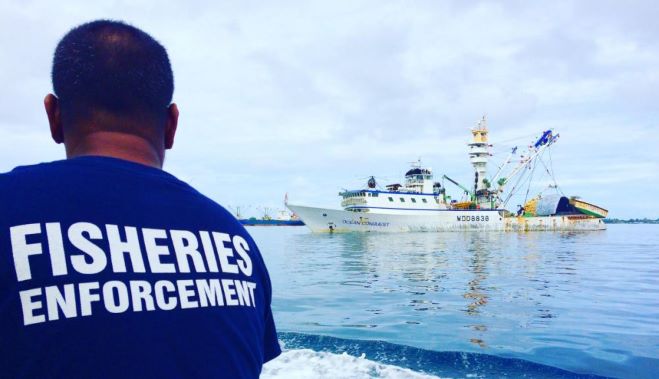While collectively, Pacific fishing nations do not appear to be in a rush to send fisheries observers back to sea unless their environment is safe, some national programs have continued to deploy observers on fishing vessels that confine their operations to domestic waters.
The Forum Fisheries Association, Pacific Community, Parties to the Nauru Agreement and other stakeholders have worked collectively on COVID-19 safety protocols for observers, crew and anyone interacting with fishing vessels.
They’ve also worked with fishing companies and governments to repatriate observers, a process that was complicated due to border closures . . .
Please Subscribe to view full content...
